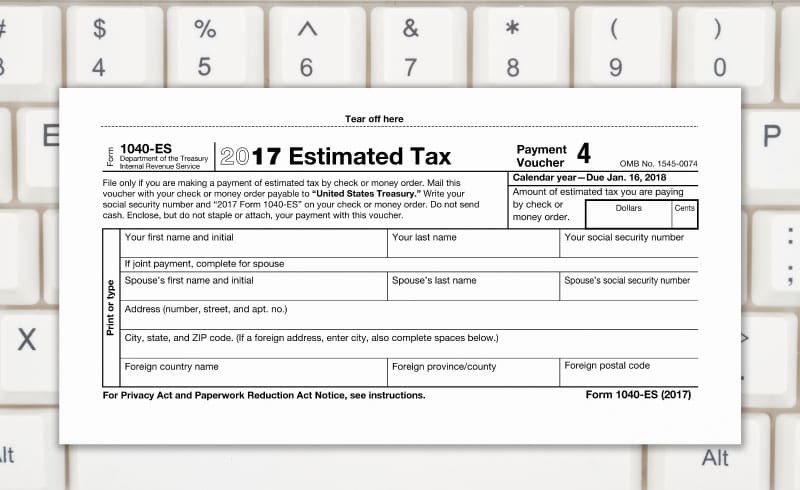
To deduct home office expenses, you’ll actually need to have a physical office in your home. These can include, but are certainly not limited to:

If you run your business out of your home, there’s a long list of home-related expenses that you can consider deducting.
#PAYING FEDERAL TAXES FOR SMALL BUSINESS HOW TO#
Read more on how to deduct bad debt here to see if your debt qualifies. And, you’ll need to prove that the debt is worthless. The IRS allows businesses to claim bad debt as a deduction if the amount owed is included in your gross income or lent out as cash. This could include loans to clients or suppliers, goods sold but not paid, or the sale of a mortgaged property just to name a few. Bad debt accrues when your business is owed for amounts that have not been paid. Most small business owners will have to deal with bad debt at some point. Overall, contributing to a retirement plan will not only give you a deduction, but it’ll increase your retirement savings as well. Other retirement account options are available for small businesses as well. Businesses can establish inexpensive 401(k) plans with higher contributions for owners. Retirement plan contributions are an opportunity to receive tax benefits now and again in the future. The tax benefits you’ll receive depend on the retirement plan you have – IRA, 401(k), or one of many others. Retirement planning and tax planning go hand-in-hand. You should also be claiming all other employee wages and payroll taxes as deductions for the business as well.

And, that allows you to pass the payroll tax deduction to the business. By paying yourself a wage or salary rather than distribution or dividend, you’ll avoid paying a self-employment tax on your personal return. Wages and Payroll Taxesīeing an employee in your own business has a lot of benefits at tax time for your personal tax return. And, charitable contributions may be deductible as well. Just like with startup costs, any money you borrow to start the business can be recorded as a business liability and the interest can be expensed accordingly. You can also deduct banking fees such as card processing fees, fees when making payments, and any others you incur on your business banking accounts. If you pay for business expenses with credit cards, you can deduct any interest and late fees you incur. If your business pays tax to any state or local jurisdiction, you may be able to deduct those taxes as a business expense on your federal return. Taxes, Interest, Fees & Charitable Contributions

This article, “Tax Deductions for Your Startup,” can help you get started. There are conditions, of course, but most small businesses can deduct up to $5,000 on your first year’s return. Many entrepreneurs don’t realize they can claim business expenses on a tax return for expenses that hit prior to the business’ launch. Make sure you have these deductions covered as you plan for next year’s tax season and you’ll be well on your way to getting the deductions your business deserves. Below is a list of 10 deductions that small businesses tend to overlook. Even when armed with tax deduction know-how, small businesses still miss out on deductions … and it costs them. Use this as your guide as you prepare your 2019 return and always consult the IRS guidelines on small business tax deductions if you’re looking for the latest information. The most recent business tax deduction act, the Tax Cuts and Jobs Act, took effect in 2018 and started impacting tax returns filed in 2019. So, keeping on top of it all is, at minimum, an annual task. Like most tax laws, the rules around deductions change all the time. Before you go to file your taxes, you should have a general understanding of which business expenses are deductible and which are not. By doing so, you’re reducing the amount you owe to the IRS each year which means you have more money to invest back into your business. When you deduct an expense on your tax return, you’re lowering your taxable income and therefore reducing your tax liability. To be a deductible expense, the expense must be “ordinary and necessary” per the IRS.

And, generally speaking, these expenses are usually deductible if the business operates to make a profit. The IRS defines a business expense as a cost of carrying on a trade or business. What exactly are tax deductions and how do they work? Many business owners aren’t aware of the abundant number of small business tax deductions out there that can take the sting out of tax season. This can be especially true when tax time rolls around. When you first start a business, you don’t know what you don’t know.


 0 kommentar(er)
0 kommentar(er)
